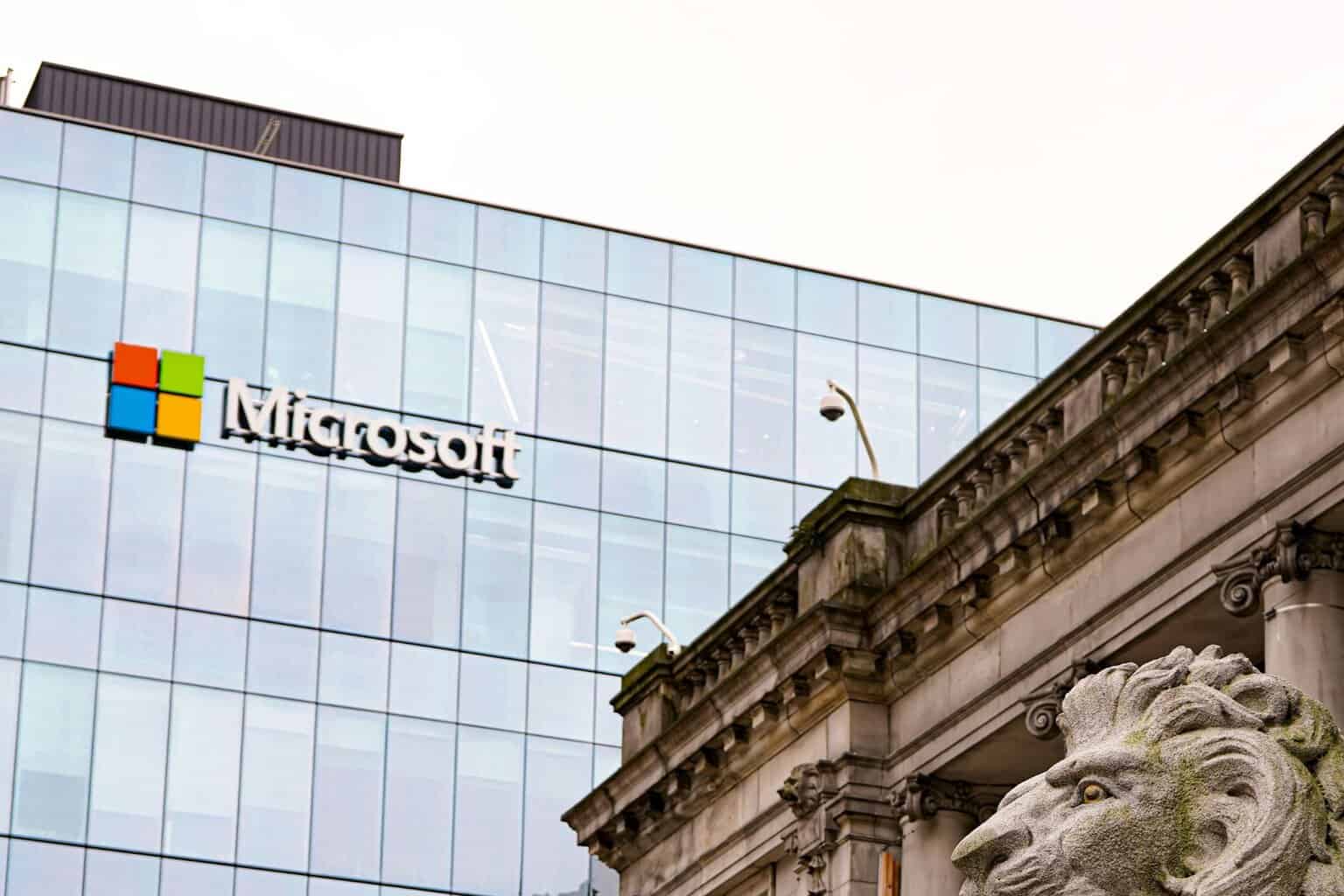Microsoft releases Azure Local and the new platform's hardware is owned and operated by the customer
Azure Local is now available to users.
2 min. read
Published on
Read our disclosure page to find out how can you help Windows Report sustain the editorial team. Read more

Microsoft recently announced the launch of Azure Local. This new infrastructure option is designed to meet customers’ needs in the retail, manufacturing, and finance industries, which require cloud infrastructure at distributed locations.
Touted as Microsoft’s hybrid and multi-cloud platform, it brings cloud services and tools to your locations, enabling you to operate and scale distributed infrastructure using the same Azure portal and APIs you use for Azure cloud resources.
The platform supports Azure services and tools, including Azure Virtual Desktop, Azure Kubernetes Service, and Azure Monitor. Azure Local includes 50+ standard metrics; you can configure Data Collection Rules to add more.
It integrates with existing identity providers to enable single sign-on to the Azure portal and other Microsoft services. You can also use Azure Local to securely access local resources from the cloud and other distributed locations.
Azure Local works with various hardware platforms, from systems with GPUs for AI workloads to low-spec, low-cost options for edge use cases. The platform also supports a range of Azure services from day one, including Azure Virtual Desktop, Azure IoT Operations, and Azure AI search, a new capability for creating a private index of data on Azure Local and performing searches with small and large language models.
Using the Azure portal and APIs, you can migrate VMs from your on-premises infrastructure to Azure Local. And if you have an existing environment running on VMware, you can use Azure Local to extend that environment without costly app rewrites.
While Azure Stack hardware is managed by Microsoft and sold on a subscription basis, Azure Local hardware is owned and operated by the customer.
The platform will generally be available starting this week. Microsoft says that more than 500 customers in the financial services, retail, and healthcare industries — including the U.S. Department of Veterans Affairs, Standard Chartered Bank, and the University of Texas Medical Branch — are using the platform in production.
In other news, Microsoft announced a new platform and capabilities for Azure: a multimodal approach called Azure AI Content Understanding that allows users to extract insights from documents, images, videos, and audio to build apps, and a brand-new unified experience called Azure AI Foundry.








User forum
0 messages